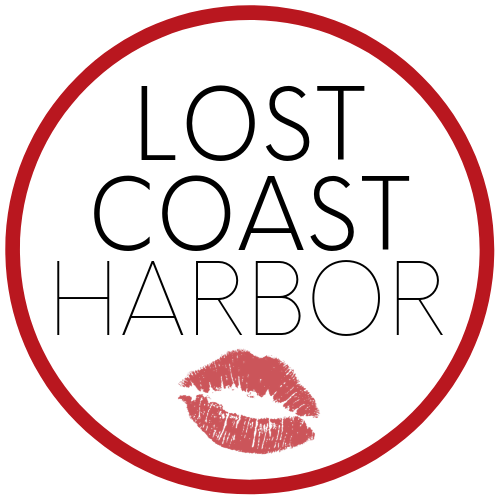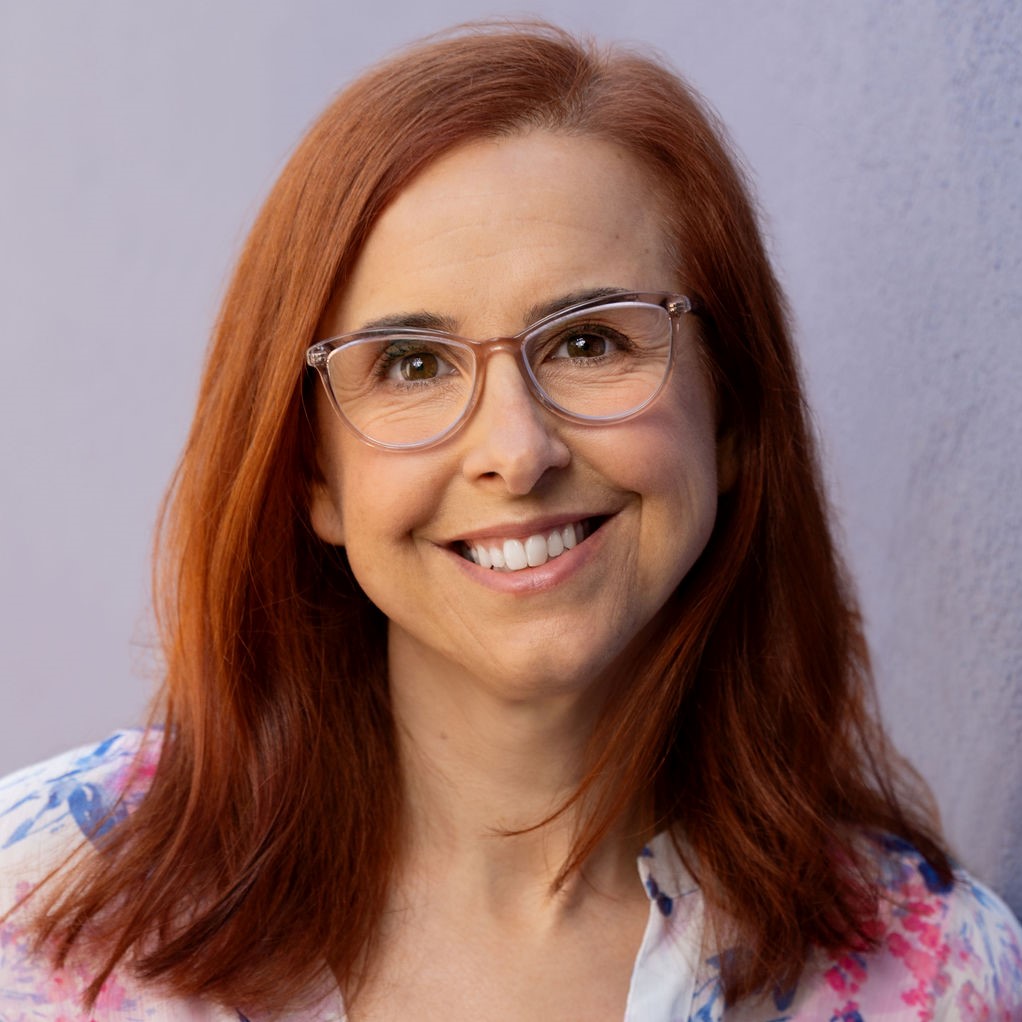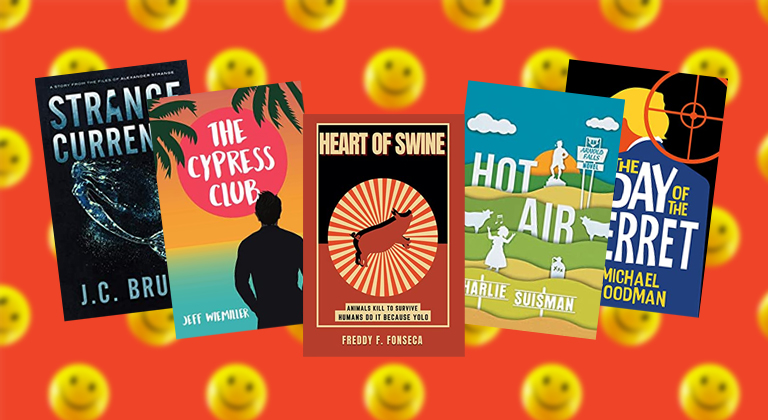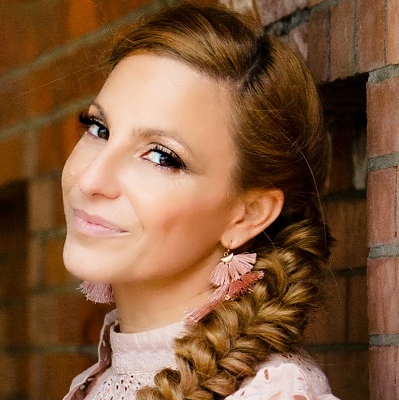How to Co-Write a Six-Book Series and Stay Friends
At some point in your career, you may consider the idea of writing a book or series with another author. Finding the right partner is a key element, but there are a lot of other factors to consider as well. Luckily, the co-writing powerhouse team of Eve Kincaid and Lily Danes are here to walk us through how to do it right, and not wanting to murder your writing partner by the end of it! (Hint, there may be alcohol involved)
Let’s start this off with a confession.
I, Eve Kincaid, volunteered to co-write an article on co-writing with my co-author, and I have no idea how to do that.
(Answer: she wrote the first draft, then handed it over to me to add snarky asides vital additional information. —LD)
Lily Danes and I are the co-creators of the Lost Coast Harbor series—noir-inspired contemporary romance set on the rugged Northern California coast. We started this venture with the intention of being sort-of co-writers. We broadly plotted out the first few books together. Came up with characters and families and back-stories. We built the town of Lost Coast Harbor together. That was fun.
Then it came time to write books. And we figured out fast that we have to do this part separately.
(By fast, she means approximately three hours. I added Bree Rogers—an unplanned character—to chapter 1 of Kiss of a Stranger, and from that moment on, any attempt at a joint plan was chucked out the window.)
So how did two people who don’t collaborate all that well decide to co-create a series that has grown to six books?
When we first talked of doing this, both of us were writing in other genres under different pen names—I was writing cozy mysteries as Ellie Ashe, and Lily writes the Elements urban fantasy series as Mia Marshall. But we bonded over our shared love of noir books and movies and, of course, romance novels. As much as we liked writing our other series, we both had a desire to write outside our genres and try something new.
Also, margaritas. There were a lot of margaritas involved in the decision.
(Soooooo many margaritas. So many.)
How this works—for us
I’m a plotter. Lily is insane.* Okay, not insane. But she writes very differently than I do. We would not be able to work on the same manuscript at the same time without bloodshed. And since we actually like each other, we take turns writing the books in the Lost Coast Harbor series. Lily takes the odd-numbered books, and I write the even-numbered ones.
(*I prefer “extreme pantser with serious control issues,” thank you very much.)
Even though we have different writing styles and processes, we have a shared vision for our series—noir-inspired contemporary romance, steamy and sexy, with intrigue and mystery and light suspense. That vision is broad enough for both of us to work within and still be true to our own voices. Both of us want to write under these names for years to come, and that includes writing books beyond Lost Coast Harbor. It wouldn’t be fun, or productive, to try and write in another person’s style.
(Co-writing is a creative marriage. Its success depends on the people involved respecting each other, communicating clearly, and understanding that you both have faults.
Writing requires freedom—the freedom to throw out crazy ideas, to try something different, to expose new parts of yourselves. You can’t brainstorm effectively if you’re worried your ideas will be shot down. It’s not enough to trust your partner to meet deadlines or post on social media. You must trust each other to have a safe, honest space to explore your creativity—and this doesn’t always happen effortlessly.
Eve and I had only met a few times before we agreed to co-write. It was the equivalent of two drunk people getting hitched in Vegas, then figuring out how to stay together. We succeeded because we put in the work to build our relationship.
Here’s the truth: I’m a control freak who hates to admit I’m wrong. I have a healthy ego and am convinced no one can write my characters as well as I can. Eve occasionally views deadlines as suggestions, rewrites her plots more often than necessary, and can repress her anger longer than she probably should.
But the important thing is we know this about ourselves and about each other. Neither of us is perfect, so we cut each other slack. If something is bothering us, we talk about it (calmly and with lots of “I” statements, like any good therapist would recommend). We are in daily contact, so our communication channels are always open.
When planning this article, we tried to neatly summarize the personality traits required to co-write, and we kept coming back to one phrase: be a grownup. Know your flaws, and don’t make those flaws someone else’s problem. Be kind if your partner is struggling. Let them know when their actions hurt you.
Before committing to a co-writing project, it’s worth reviewing your history of relationships. Do you tend to avoid conflict? Then co-writing may not be for you. Do you hate to cede control? You’ll probably want an easygoing partner with a low-maintenance ego.
To determine what process works best for you, you need to be honest about your personality—good, bad, and everything in between.)
The day-to-day grind of co-writing
Even though we ended up co-creating a series, rather than co-writing individual books, our creative endeavor still requires a lot of coordination, especially as we started off with our series. Lost Coast Harbor is a small town and contains many secondary characters who show up in all the books. We try to set up the next book in the series, or at least plant some characters who will come back eventually as our main characters. There are timelines and continuing storylines to manage.
We manage much of this with daily communication. Slack is our communication tool of choice, and is basically our third partner in this venture. It has been a great way to do a quick check about if we have a character named Daniel yet, or whether Annabel’s bakery is open on Mondays.
We have a robust series bible and a joint timeline. We have spreadsheets of main characters so we don’t end up with characters whose names all start with the letter M. We’re both operating on Macs and adore Scrivener, so we can share files through our Dropbox folders.
In addition to our online communication, we catch up via FaceTime or Skype, and we schedule in-person meetings as often as we can so we can plan our next steps and drink margaritas. Margaritas are very important to a partnership. I cannot stress this enough.
(Because, on the rare occasions that respect and communication fail us, tequila is always there to pick up the slack.)
Why this works—for us, and how it could work for you
Having a writing partner, whether you’re collaborating on every detail or building a shared world, is a great way to push yourself creatively. As writers, we’re often used to working alone. Having a partner in a creative endeavor brings new energy to the project, a fresh perspective, and a level of support we often don’t get when we write alone.
Partnering has also made me more productive. I can’t tell you how many deadlines I’ve made and broken when I was only making a promise to myself to finish a project. But since that tipsy afternoon when Lily and I started this venture, I’ve written three (and a half) books for the Lost Coast Harbor series. Had I not promised someone else that I’d write those books by a certain date, they’d likely still be in the planning stages.
(Also, if you’re competitive mo-fos, like Eve and I both are, we’re going to do whatever it takes to keep up with the other person. Not only does that inspire us to hit our daily word count, it gives us that extra push to make each book better. We force each other to up our games, over and over again—and then we have someone to celebrate with when we do just that.)
Will co-writing work for you?
If you’re considering co-writing, here are a few things you may wish to consider before taking that plunge.
Know yourself and your boundaries
Can you imagine letting your co-author play with your characters, put words in their mouths? What if they’re the wrong words? Can you share your toys?
Know how you work best
Are you a planner? How are you with deadlines? Are you used to working alone? Can you adapt to working with someone else’s deadlines?
Sharing the workload
What skills do you bring to the partnership? What about your potential co-writer? Remember, someone has to do the bookkeeping. I take on the business-y chores, like finances and marketing. Lily does all of our formatting and graphics. We each had our strengths (and the software) for certain tasks, so it worked out.
Finding your place on the spectrum between co-writing and sharing a world
There is a wide range of options for co-writing and many spaces along the spectrum where you and your potential co-writer might find your happy place. Some different ways to write with a partner include:
- Sharing a pen name
- Writing every word, scene, chapter with each other
- Alternating chapters or character points of view
- Plotting a series together, but writing separately
- Sharing a world
When it comes to creative production, are you a plotter or an organic writer? What about your potential partner? How closely will you be working together? How will your creative processes mesh with each other?
For us, we’ve evolved into more of a shared world series than co-writing, but there are writing partners out there who work on the same manuscript, down to writing sentences together. This gives us hives, but it works for some writers.
Some things to think about:
- Are you a control freak? (It’s okay if you are, just know your tendencies.)
- How flexible are you?
- How attached do you get to your characters?
- Which type of co-writing appeals to you?
Plan on how to end the partnership
I know, it sounds morbid, like writing a will. But it’s actually smart. Like writing a will.
Getting into a creative endeavor like writing a series together is a long-term commitment. With the advent of e-books and online vendors, that novel you and your best friend write together could well be for sale long after you two have shuffled off this mortal coil. At least, it could be producing income long after the two of you are writing together. And if you each decide to change genres, or pen names, or maybe just stop writing in the joint world, you need to have a plan for what happens to the book or the world you now own together.
If you’re co-writing a manuscript, it is vital to understand how copyright works. You can be joint copyright owners, which is like being married with no possibility of divorce. You’ll be tied to your co-author until the end of time… or until the copyright expires or is contractually signed over to the other party, at least.
Even if you write separately and retain copyright on your individual works, as we do, you can also have joint ownership of the intellectual property rights in the elements of the shared world. That means if Hollywood comes knocking and wants to make your series into the next big HBO production, both of you will have to agree to that deal.
If you’re writing in a shared world, setting down rules about spin-off series, use of characters, and your goals for the partnership will help you map out your partnership. Go into your partnership (and this is a business partnership, not just a creative one) with a solid plan for the future, even if it is just for one book or for a limited time.
And when you get together to sign all that paperwork and make it official, do it with margaritas. Trust us.










